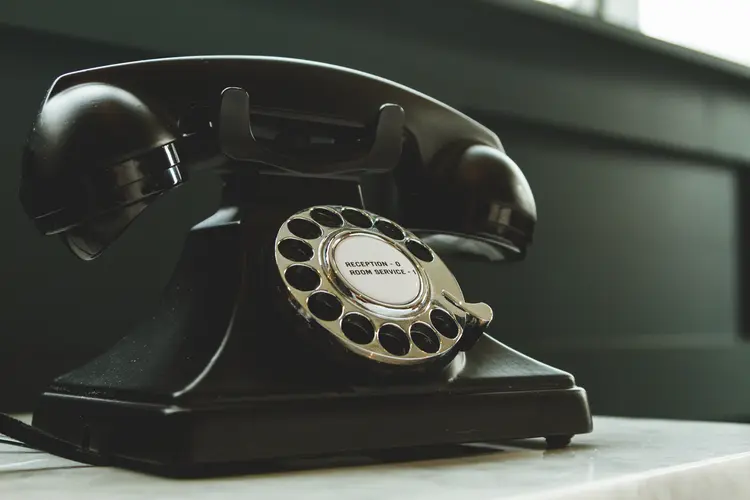Why You Should Never Sell Your Old Phone Before Setting Up Your New One
Upgrading to a new phone can be an exciting experience. The latest features, improved performance, and sleek design are all reasons to get excited about your new device. However, before you rush to sell your old phone, it’s important to take some precautions. There are many potential issues that only your old phone can solve, and it’s important to ensure a smooth transition to your new device. In this article, we will explore why you should never sell your old phone before setting up your new one.
1. Transfer Your Data
One of the most important reasons why you should never sell your old phone before setting up your new one is to transfer your data. Over the years, we accumulate a significant amount of data on our phones, including photos, videos, contacts, messages, and more. By transferring this data to your new phone, you can enjoy a seamless transition and continue accessing your important files.
2. Check for Compatibility
Before selling your old phone, it’s crucial to check for compatibility with your new device. Different phones have different operating systems, software versions, and hardware specifications. It’s essential to verify whether your apps, games, and other software will work seamlessly on your new phone. By doing a compatibility check, you can avoid any surprises and ensure that all your favorite apps are supported on your new device.
3. Remove Personal Information
When it comes to selling your old phone, privacy should be a top concern. Your phone contains a wealth of personal information, including your contacts, messages, emails, and even banking details. To protect your privacy, it’s crucial to remove all personal information from your old phone before selling it. This includes logging out of accounts, deleting sensitive files, and performing a factory reset to wipe all data from the device.
4. Backup Your Data
Before parting ways with your old phone, it’s wise to create a backup of your data. In case anything goes wrong during the transfer process, having a backup ensures that you don’t lose any important files. You can use cloud storage services or connect your phone to a computer to create a backup of your data. This way, even if something happens during the setup of your new phone, you can easily restore your files and continue using them seamlessly.
5. Test Your New Device
Setting up a new phone can sometimes involve a learning curve. By keeping your old phone during the setup process, you have a backup device to rely on if you encounter any issues. It allows you to test your new device, ensure that everything is working correctly, and troubleshoot any problems without being left without a phone. This way, you can have peace of mind knowing that your old phone is there as a safety net.
6. Transfer Your Apps and Settings
Moving to a new phone means setting up your apps and configuring your settings all over again. By keeping your old phone, you can use it as a reference to ensure that all your apps are downloaded, settings are correctly configured, and everything is in place. This can save you time and frustration, as you won’t have to remember all your previous settings and preferences from scratch.
Main Takeaway
When you upgrade to a new phone, it’s essential to take the necessary steps to ensure a smooth transition. By not selling your old phone before setting up your new one, you can transfer your data, check for compatibility, remove personal information, backup your data, test your new device, and transfer your apps and settings. These precautions will help you avoid any potential issues and enjoy a seamless experience with your new phone.













